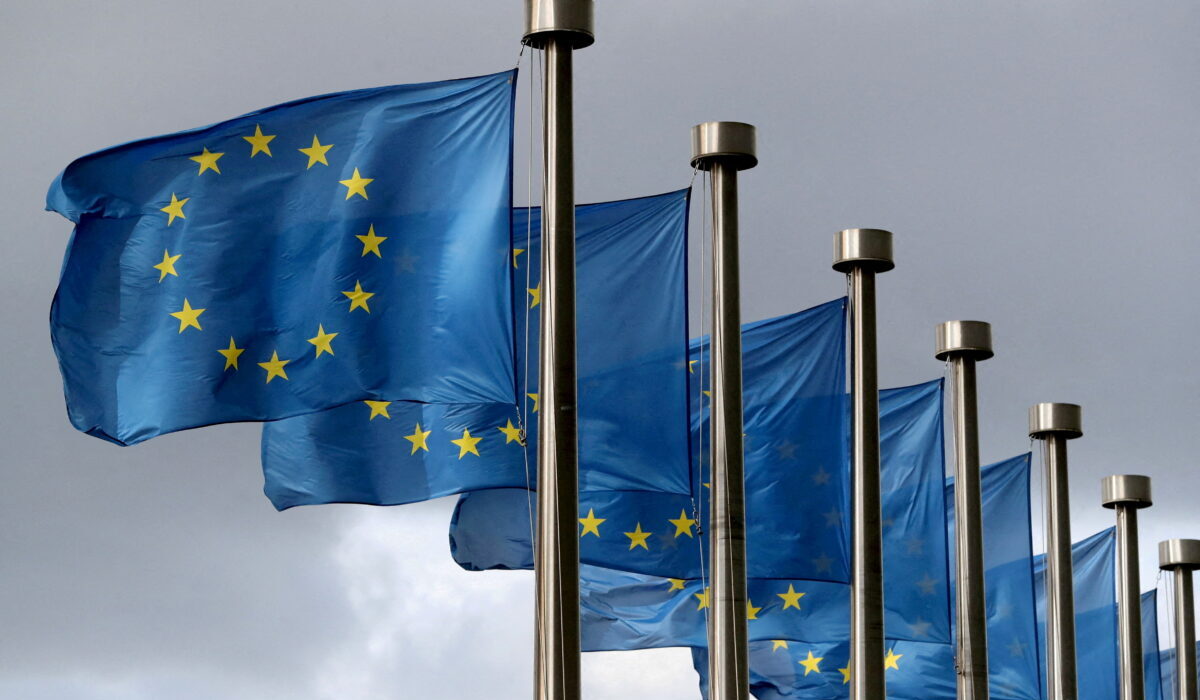The European Commission has greenlit a new funding package of €142.8 million to fortify basic services and sustain livelihoods for individuals in Afghanistan.
The EU office in Afghanistan in a statement on Friday underscored European Union’s commitment to aiding vulnerable groups, particularly those displaced or affected by displacement.
Jutta Urpilainen, Commissioner for International Partnerships, emphasized the EU’s unwavering dedication to supporting the Afghan people.
The €142.8 million funding package is designed to address pressing basic needs, focusing on health, nutrition, education, clean water, and sanitation, with a specific emphasis on women, girls, displaced populations, and those affected by displacement.
“This €142.8 million package will focus on health, nutrition, education, clean water, and sanitation, in particular for women, girls, displaced populations, and those affected by displacement. We are also supporting their livelihoods, paying special attention to women’s economic empowerment,” stated Urpilainen.
She added, “The Afghan people deserve a future where they can thrive, and the EU continues to support them.”
This assistance will adhere to a principled approach, concentrating on the well-being of women and girls. The funding is part of the €1.2 billion mobilized since EU Commission President von der Leyen’s commitment in August 2021 to allocate at least €1 billion in support of the Afghan people. With the adoption of this package, the EU has now mobilized a total of €676 million, complementing €554 million in humanitarian assistance.
The support aims to strengthen essential services such as health, nutrition, and education, with a requirement that Afghan women are involved in all aspects of aid delivery. In education, potential support includes school meals, teacher training, and incentives to encourage school attendance. Health-related aid may cover drug abuse prevention and treatment, considering the high prevalence of drug abuse, as well as psychological health services, recognizing the significant mental health challenges faced by the Afghan population.
The EU’s assistance also seeks to address widespread poverty by providing community-based safety nets, improving access to income-generating and business support services at the community level, and enhancing value chain effectiveness, market access, and access to finance at the micro level.
The statement concluded by highlighting the EU’s commitment to women’s economic empowerment, recognizing the potential of Afghan women in civil society and emphasizing the importance of safeguarding their meaningful participation in the economy and society.





